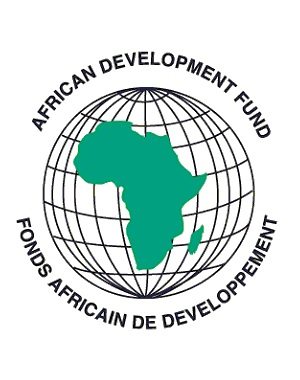Community / Land projects / Multinational - Drought Resilience and Sustainable Livelihoods Programme in the Horn of Africa - Phase I
Multinational - Drought Resilience and Sustainable Livelihoods Programme in the Horn of Africa - Phase I

€17814758.04
02/15 - 12/24
Active
This project is part of
Implementing Organisations
Donors
Data Providers
General
The Drought Resilience and Sustainable Livelihoods Program - Project II is the second intervention in a long term Bank Programme to build communities’ resilience to drought and Climate Change, improve their livelihood and promote regional integration in the Horn of Africa. The Project will be implemented in a period of 5 years and its total cost is UA 81.667 million, of which UA 74.982 million is paid by the Bank and the remaining being the respective governments’ counterpart contributions.
Objectives
Project II aims to scale up the Program interventions in Ethiopia and extend it to Eritrea, Somalia and Sudan. The Project is expected to develop infrastructures for i) water mobilisation and management, and ii) livestock production, health and marketing. It will also build the capacity of the populations and Governments of the region to better cope with the effects of climate change, resources scarcity and conflicts related to resources utilisation. Ultimately, the project is expected to increase the income of agro-pastoralists through the improvement of the delivery of livestock related services (animal production and health, rangeland management, marketing, etc.) and the development of irrigation schemes leading to the improvement of livestock parameters (growth rate, carcass weight, milk production and offtake rate) and, the productivity/production of the main crops. The diversification of the sources of livelihood and the mobilization/conservation of water resources as envisioned by the project will reduce the vulnerability of the population to climate change shocks and exposure to inter/intracommunity conflicts that arise from competition over access to water sources for livestock.
Target Groups
An estimated 20 million agro-pastoralists affected by drought and land degradation will directly benefit from the project. Other direct beneficiaries include the Governments of the region whose capacities will be strengthened to enhance drought resilience development, natural resources management and shared benefits, and regional integration.



